Element
telescopic texts (avec "?") (12/12)
now all of us have lost a taste for mince,
the history of grinding, darkly, Adam.
a schooling blade, student of buah, will prune
til circumspect the hour. and she has thorns,
forms of her own — we prick ourselves and bleed
to name her flower. bending the voice to crown,
we’re drunk by literal skies of melody.
you found her singing by the sea, where she
had fled, as she remembered you were drowning.
who is the rose rabbi? i read, she comes
and goes. knows herself not. how would she know?
if glass were introspect, Iris of time —
to find she had been borne, a cradled question.
//
if you ask me (about Agung)
it’s been a year
without the mountain.
comforter clouds continue
indeterminate, forgetting
to stop raining, forgetting
to end
if you ask me
how i am doing, these days
that’s how. i am just wondering /
wandering about the mountain.
whether he is there, whether
he is here
or anywhere
//
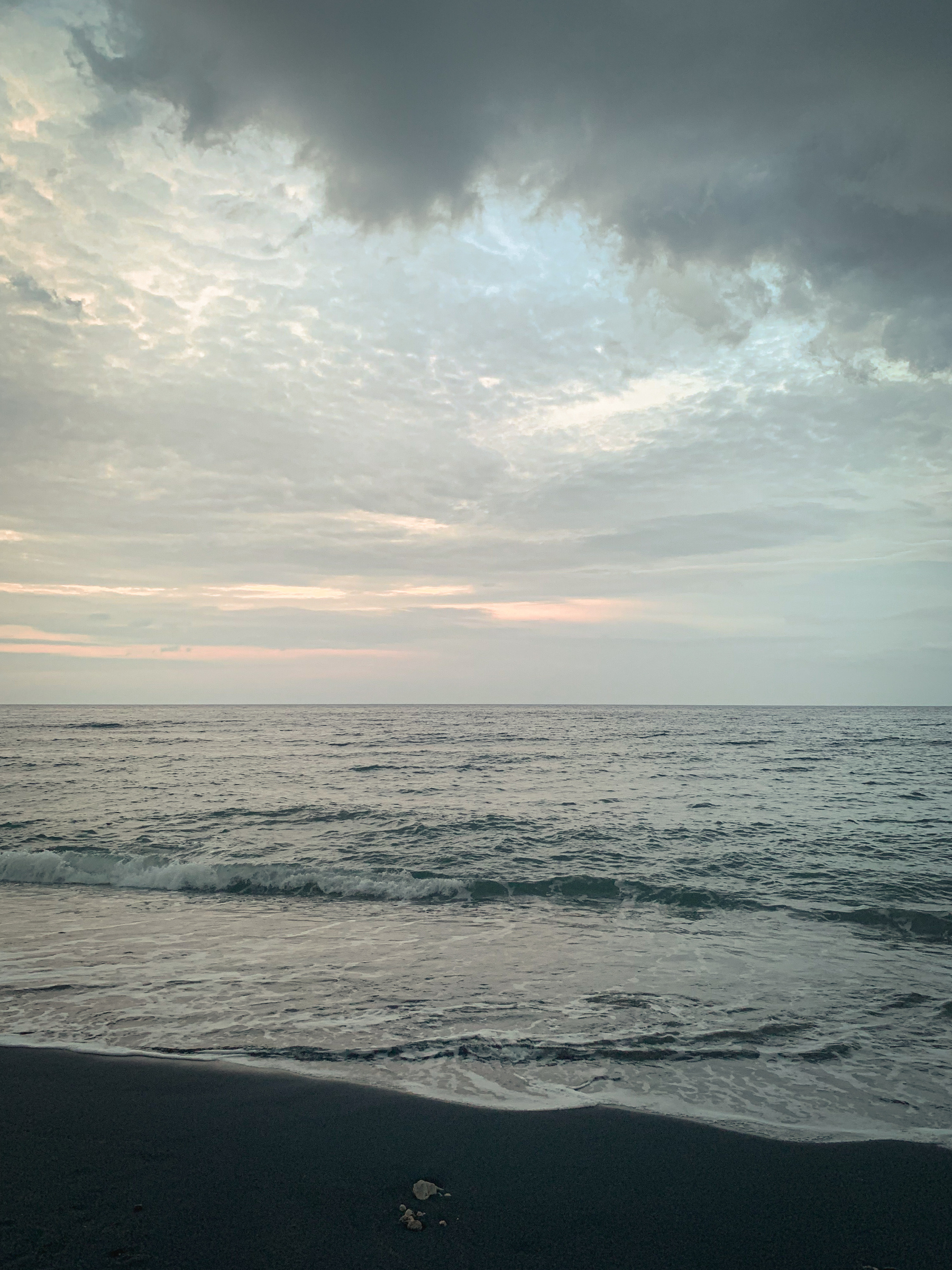
enigmatic //
statuesque
it was her, who stopped troubling
the land with niceties; stepped out
onto the battlefield; declared
her nation iron, under copper;
ignored the children wandering
her heart. youth was her cause, but not
her destination: yapping pups
complicit in decay: the younger,
the worse. she drew a blazing sky-
ward line: from torch to sea of salt,
past oxidized decline: thou shalt
not cross this primary design.
so she was plagued by change, and change
rendered infernal mumblings
absent colossal reality.
she swallowed smaller poetry.
commissioned shining arrows from
hard-laboring masses, to quell
their rumbling curiosity.
her staples were cement brownies,
lampshades as circus gags, popped in
electrified mazes, they tongued
chromatic polystyrene sporks.
her trick was firecrackers for
proposals of shotgun marriage,
with orphans, locked in sheds out back.
essential documents were stacked
inside official cases. fireproof.
the starry skies reflected in
a muddy flood of tasteless rain,
with deeper rivers reluctant
to drain her isolating kingdom.
so spread the miasmatic air.
seen pieces, scened for maximum
invictus — hot-bulb flashes — lost
their knack for light. she was the news:
scaffolding posed as oracle.
and when her history grew old,
turning explicit, they buried her
in broken rubberbands.
mutely, her constitution says
you shouldn’t look, or else you turn
proverbially inhuman.
so close your mind to this broken
container of one billion eyes,
open to fight the warlike hour,
their hearts pumping in empty beds.
the roosters crow to lose their heads.
on glitterbombs sit satanic
afterimages of her,
as rounds of necessary loss
resound on poorly-tuned guitars.
with no time for ambivalence,
her multitudes march on.
and nothing here to be unknown,
perspective infinite as stone —
from bone reflected, light of crone
across her scorched and haunted scars
delivered signals of empathy.
by flickering night, camels repose
in contemplation of footsteps
forgotten, where plod the wind-
whipped monuments of thirst. and all
that is unburnt is a mirage.
//
🌔
on bad days
on bad days, the silence
has more to say to you
than i do. and yet
every day i worry
you’re not a reader
of silence.
if only i could give
my shape to silence, then you
might hear the crickets.
if silence
were nothingness, then
i would be green leaves.
but i saw the silence,
its air of winter,
its shape of clear empyrean.
its emptiness, strewn jewels —
all of it was precious;
none of it was secret.
above the radiance, i heard
earth is a place of rest —
and i believe it.
i press patchouli
to your wrist, your temple.
i draw the covers.
//

boundless //
telescopic texts (avec "?") (10/x)
a balmy chickadee alights on bough
of jepun tree — gigantic, bristle-trunked,
beatified — by tipped cosmos of day
and melting star of paradise, bodies
unveiled. we lie in kindred shades of them,
verbing and flowing, in blues made legible
by greenborn leaf. in leaves there hides a forest
where braid the wanderers their briared maths.
a souvenir shelters nectonic paths,
ancestral courses wild with counterpoint,
and mercy of geometry — proffered
by rivered children of love’s oblivion.
//
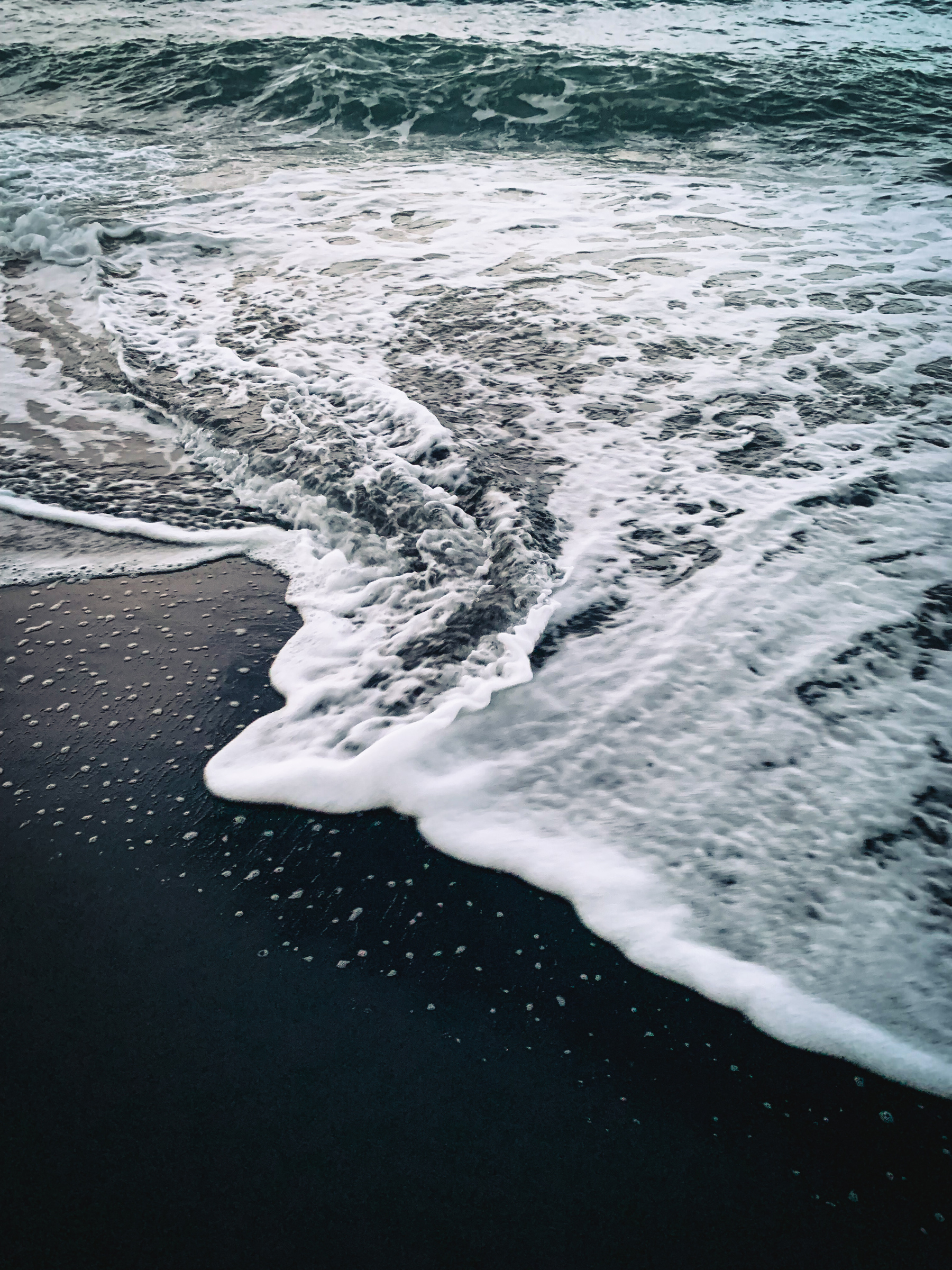
doleful heroic //
on the poet’s indebtedness to Black Thought
a wild hare goes
anywhere — quick
as wind. bears,
as scar, the scripted
mark of trickster; wisdom
of prey. knows never
to set dull footstep
in a question
that is only
a noose.
//
e.g. Black Thought, etc., etc.
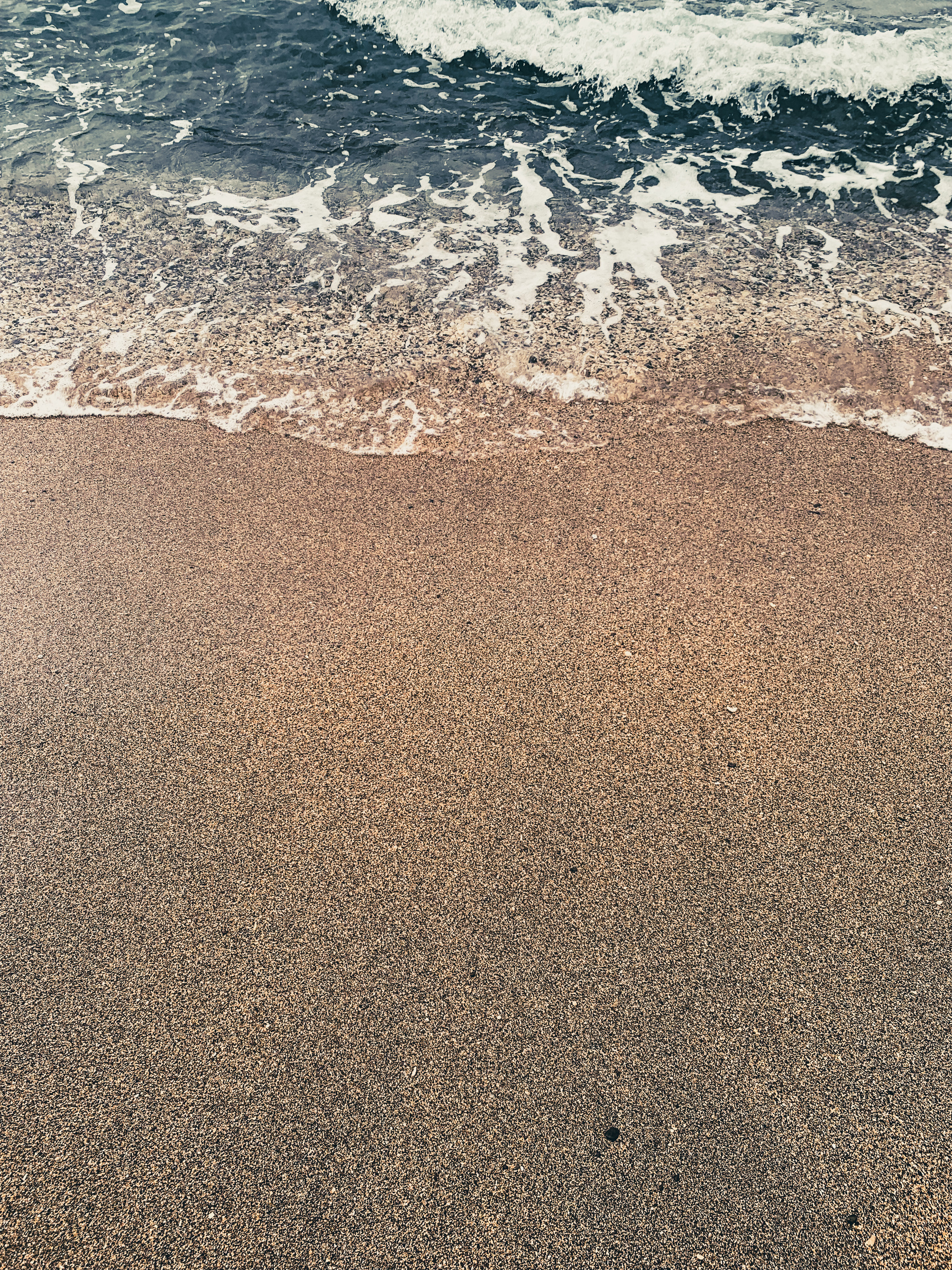
understated //
telescopic texts (avec “?”) (7/x)
suppose a parable is just like her —
desired and defiled in equal measure.
his chivalry requires a blushing knight
to guard the word, who is incarnate treasure.
i heard of one such rescuer of women.
who, for his lovely sin, was de-mountained
by crippled foot, and fated never nimbly
to climb again. but faith in constancy
makes deliberate gifts, arms built from hours
spent torquing tongs before roaring earth-core.
therefore, no purity of heart is borne
that lacks an alloy in the sooty forge.
thou shalt not fear the courage of your virgin
is the limping gist of this comparison —
her shining is at once translucent bloom
and armor’s lustre, welded by humble Vulcan.
//
p.s., and yes — to service chthonic Muse,
Hephaestus becomes god of cunnilingus.
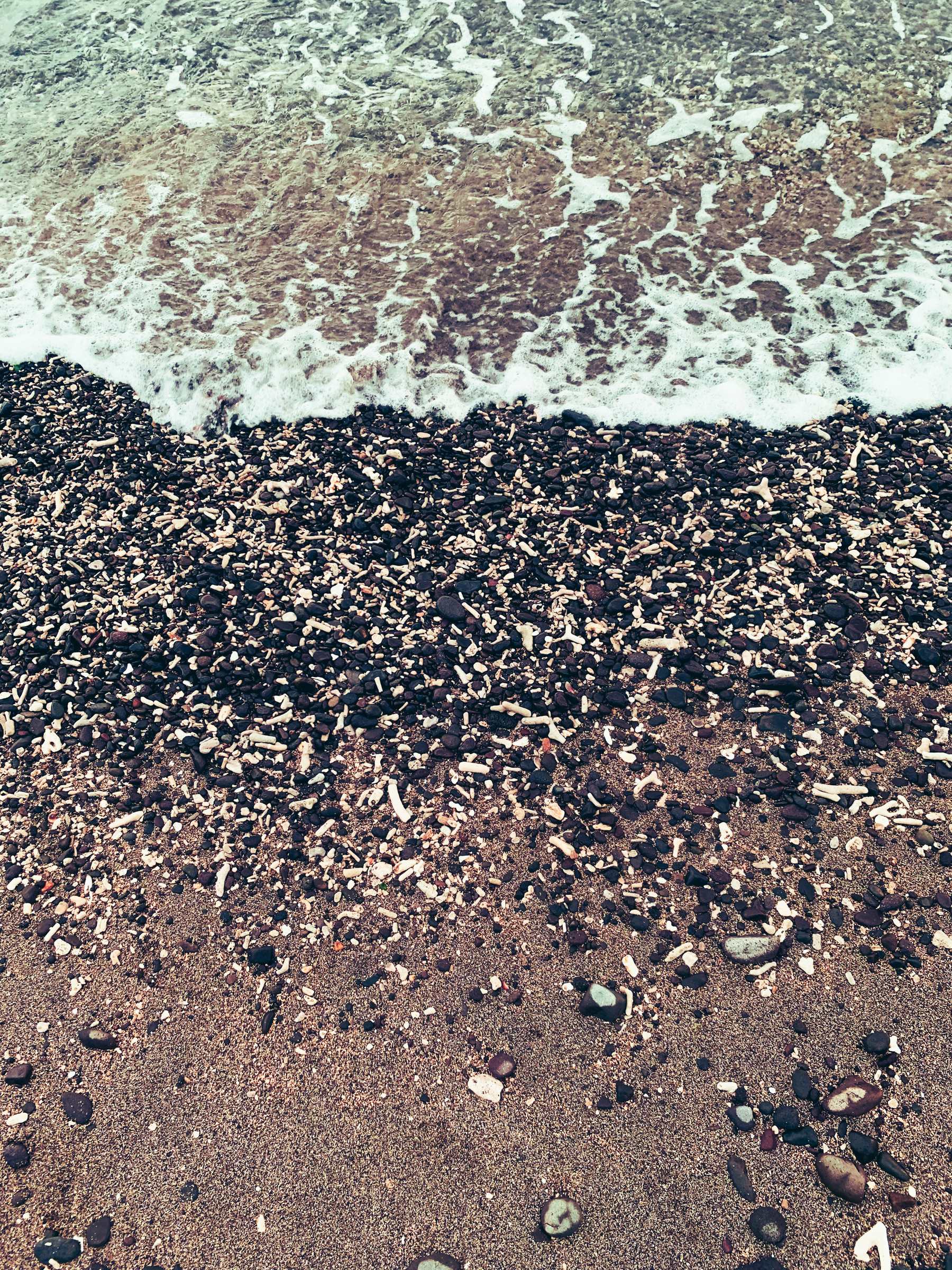
sifting //
telescopic texts (avec "?") (6/x)
we used to call you man of twists and turns,
the dynamo — reckless, drowning, sea-rendered
until perennial blue, the one i knew
well enough to know, i loved nobody.
his thirst, prostrated, clutched me from below,
desperate to conceal from winged word
a history of suffering. a babe
buried his need in bosom of my nature,
drunk on the deep milk of disappearance.
his subterfuge despair was mythical,
until he made her fiction. he may not
remember me. but i keep by my heart
a wavy lock of sunset-auburn hair.
//
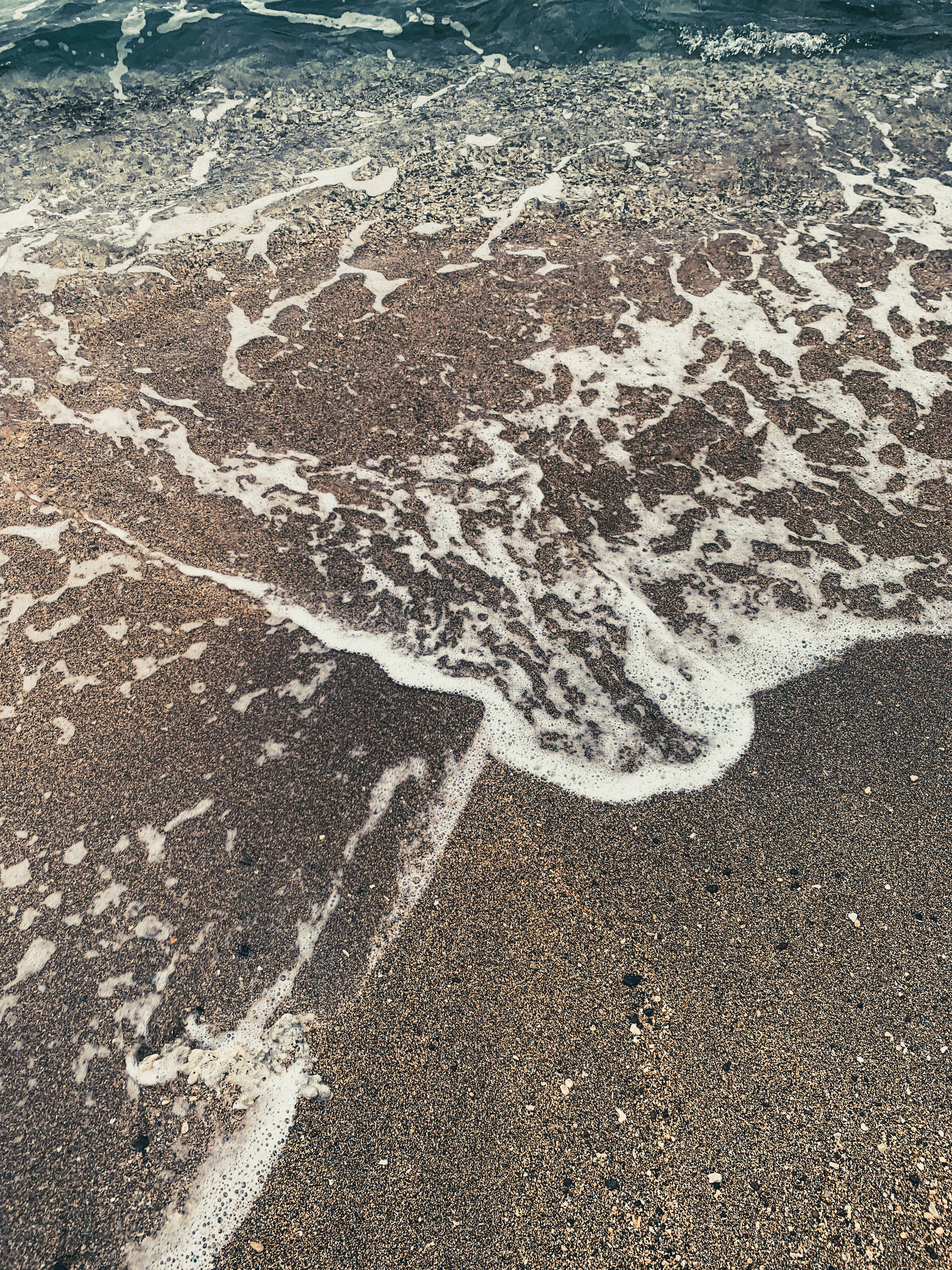
insurgent //

stellar veil //
Æ.5 (butane lighter)
are you ungovernable,
and getting hot — like me? we’ll be
tempestuous, together.
ours, of cosmic squabs,
result in smoke-stained sheets
and purple bruises. of Mars,
don’t worry, baby
your revolver is magnetic.
let’s go collapse.
//
not a monkey, but
it’s true that books
can take you anywhere.
hunger roots you
firmly in a body.
reading, i become
voices in the dark.
poetry is
a voice, self-
lightening.
witness to ways
waves move, as their own
mostly hidden seasons.
everything independently
becomes a turning
Inferno.
we are sloshing buckets,
pitchers pouring
into rivers, subterranean.
all of it true,
at once.
Hanuman is only
a secret patron
of poets.
//
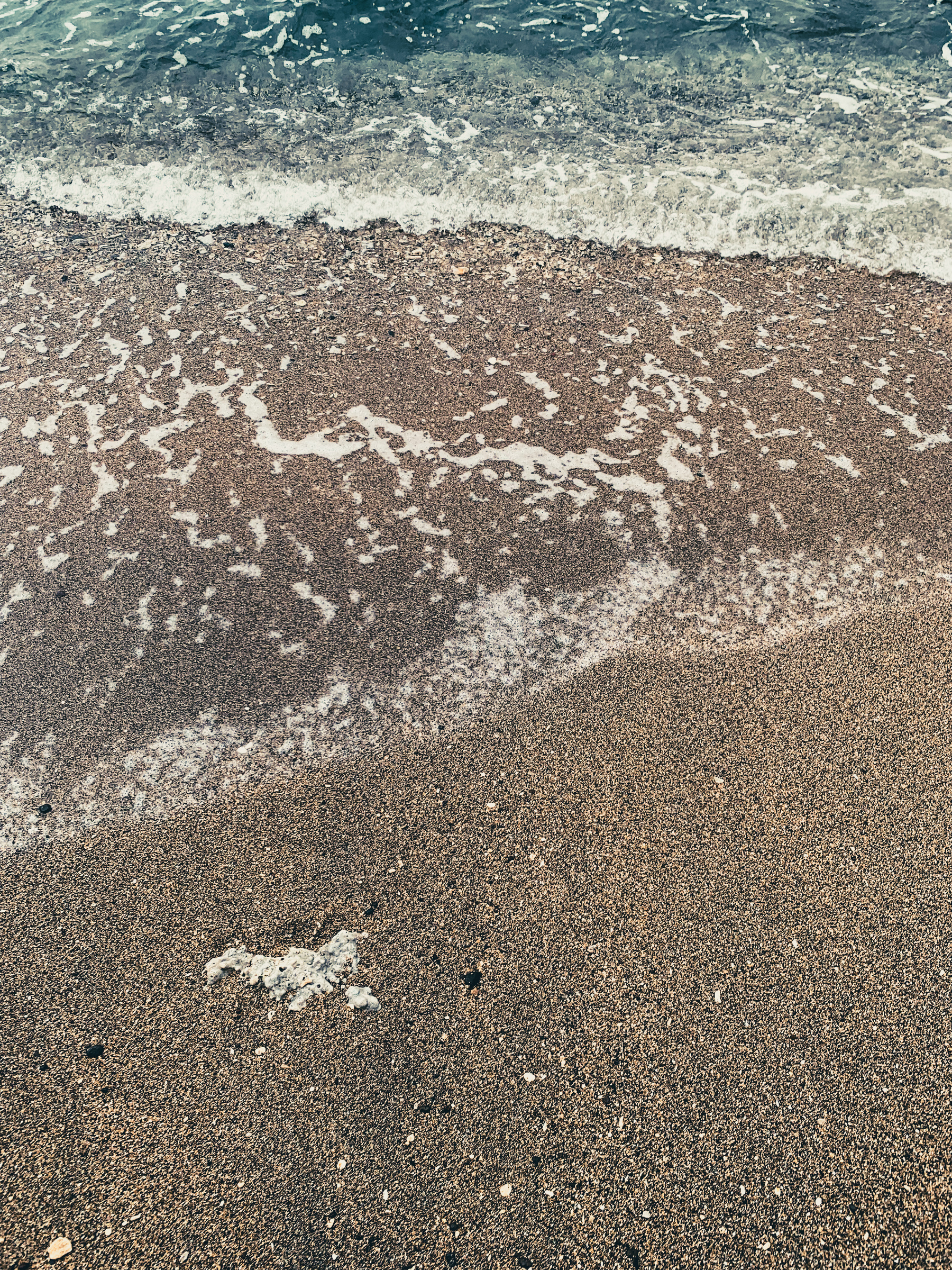
unquenching //
our stinging silence
what are the things
you know of me
that you keep, unspoken?
the secret me you keep
and by extension,
my undiscovered twin.
is it family or alien?
or do i have no right
to such distinction.
i have been, for some
two thousand years
or more, dissolving
in waspish creation.
i am, who has been long-
forgotten. already, i am
not of conversation.
a fuzzy, artless form
is turning in the paper
of a nest, drowning
in droning oceans — the ply
of dialogue, subsumed
by black battalions.
can you hear them?
they are humming
the densest metaphors.
//
lapsed momentarian
seed fluff billows
across the black mat
(inhale
jump back
chaturanga)
so much
for so little
for so much
immaterial
globe, a memory
of lost focus
dream
of a body, as wind
seeking structure
the velvet blue
of a butterfly wing
i don’t know why
things are shaped
the way they are
sent
published, and yet
anecdotal
birds who can’t fly
insects without words
studying
to be a container
for the already
understanding
it is needful
to be broken
//